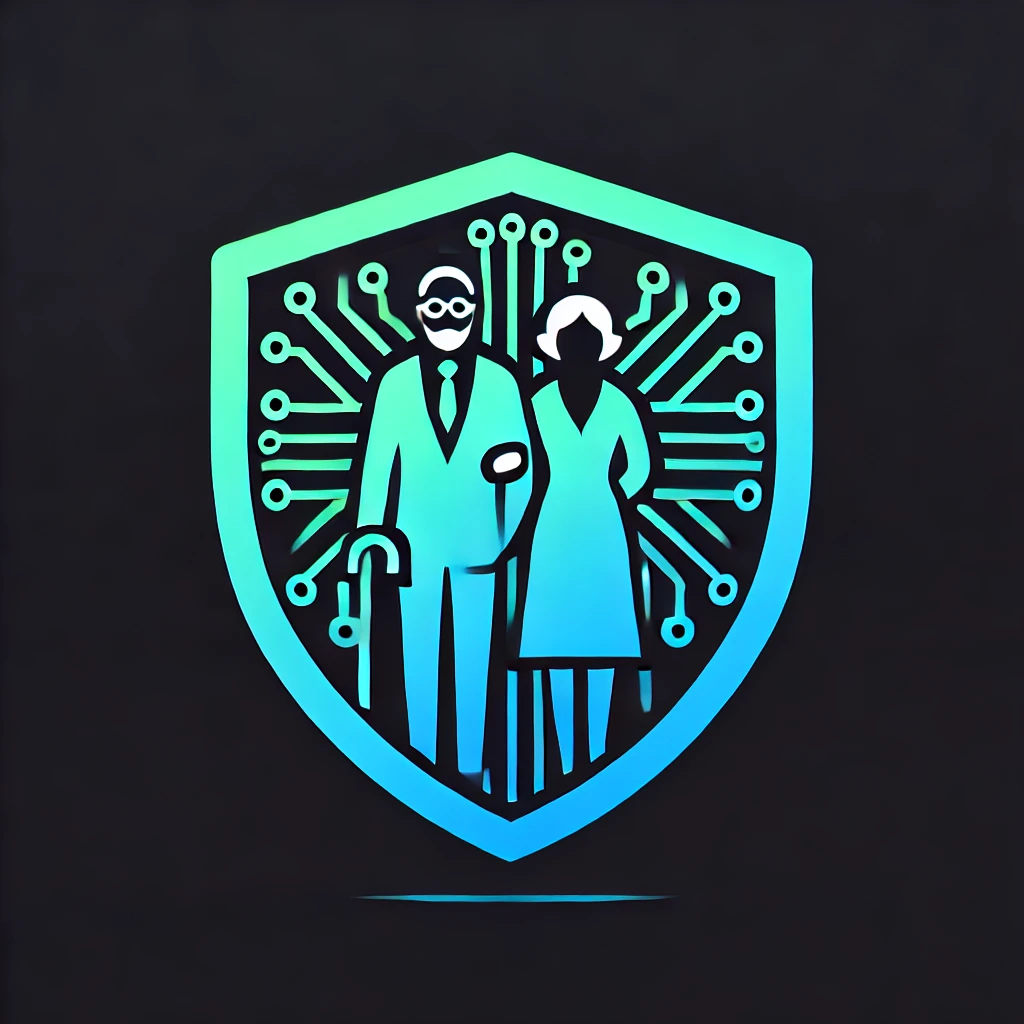Discover vital tips to sharpen your scam detection skills.
In today’s digital world, scammers are becoming increasingly sophisticated in their attempts to deceive people, particularly seniors. At SeniorWebWarden, we’re committed to helping you stay safe online by providing you with the knowledge and tools to recognize and avoid scams before they cause harm.
Common Warning Signs of Scams
1. Urgency and Pressure Tactics
Scammers often create a false sense of urgency to pressure you into making quick decisions. Be wary of messages claiming:
- “You must act now!”
- “Limited time offer!”
- “Your account will be suspended immediately unless…”
Tip: Legitimate organizations will give you time to make decisions and won’t pressure you for immediate action.
2. Requests for Unusual Payment Methods
Be extremely cautious when someone asks for payment through:
- Gift cards
- Wire transfers
- Cryptocurrency
- Money orders or cash sent through mail
Tip: Government agencies and legitimate businesses never request payment via gift cards or ask you to wire money to individuals.
3. Poor Grammar and Spelling
Many scams originate from overseas, and their messages often contain grammatical errors, unusual phrasing, or misspellings. While legitimate companies may occasionally have typos, consistent errors throughout a message is a red flag.
4. Unsolicited Communications
Be suspicious of unexpected emails, calls, or texts claiming to be from:
- Government agencies (IRS, Social Security Administration)
- Technical support services
- Banks or financial institutions
- Well-known companies (Amazon, Microsoft, Apple)
Tip: Don’t click links in unsolicited emails. Instead, go directly to the organization’s official website by typing the address in your browser.
5. Too-Good-To-Be-True Offers
Exercise caution with messages announcing:
- Unexpected prize winnings or inheritances
- Miracle health cures
- Guaranteed investment returns
- Deeply discounted luxury items
Tip: Remember the golden rule: If it sounds too good to be true, it probably is.
Common Types of Scams Targeting Seniors
Romance Scams
Scammers create fake profiles on dating sites or social media, build a relationship, then begin asking for money for emergencies, travel costs, or medical expenses.
Protection Strategy: Never send money to someone you haven’t met in person, and discuss new relationships with trusted friends or family members.
Tech Support Scams
These begin with a call or pop-up message claiming your computer has a virus or other problem. The scammer then asks for remote access to your computer or payment for “fixing” the issue.
Protection Strategy: Never give remote access to your computer to someone who contacts you unsolicited, and hang up on tech support callers you didn’t reach out to first.
Grandparent Scams
A scammer calls pretending to be your grandchild (or their lawyer) in an emergency situation requiring immediate financial help.
Protection Strategy: Verify the caller’s identity by asking personal questions only your grandchild would know, or hang up and call your grandchild directly on their known number.
Medicare/Health Insurance Scams
Scammers pose as Medicare representatives to get your personal information or charge for services that aren’t provided.
Protection Strategy: Know that Medicare will never call you unsolicited asking for your Medicare number or financial information.
What To Do If You Suspect a Scam
- Stop all communication with the suspected scammer immediately.
- Don’t share any personal information or send any form of payment.
- Talk to someone you trust about the situation—sometimes an outside perspective can clarify things.
- Report the scam to relevant authorities:
- Federal Trade Commission (FTC): ReportFraud.ftc.gov
- FBI’s Internet Crime Complaint Center: IC3.gov
- Local law enforcement
- Monitor your accounts for any suspicious activity and consider placing a fraud alert on your credit report.
Building Your Scam Defense
The best protection against scams is education and awareness. Here at SeniorWebWarden, we recommend:
- Take your time when making decisions involving money or personal information
- Verify the identity of anyone contacting you by calling official numbers (from your statements or the back of your card)
- Discuss suspicious communications with trusted family members or friends
- Keep your computer security updated
- Attend our free monthly online workshops on digital safety
Remember, recognizing a scam is your best defense against becoming a victim. When in doubt, reach out to us at SeniorWebWarden for guidance—we’re here to help you navigate the digital world safely.


Leave a Reply